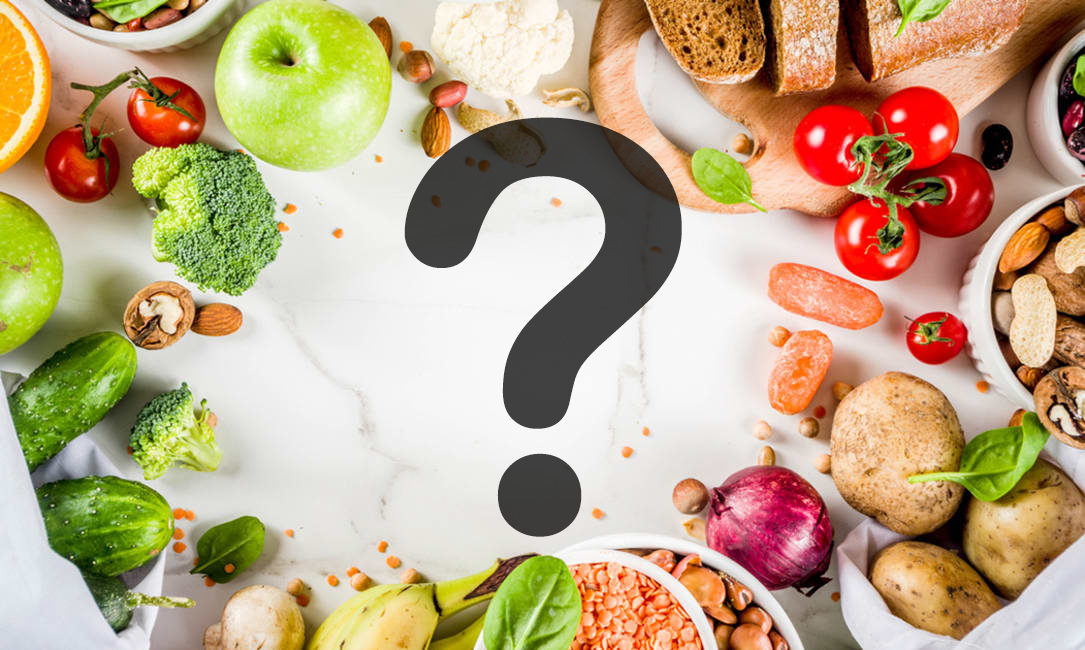Last year, scientists did an autopsy on a dead sperm whale that was washed ashore on the Spanish coast south of Granada. What the scientists found inside the stomach of this whale shocked them – 18 kilograms of plastic made up of toothpaste containers, pots, rope, bags and bottles. It’s a no brainer that this is the freakish by-product of our throwaway lifestyles.
Think about this for a moment – when you throw something away, where is away? There is no away. ‘Away’ is overflowing landfills, rivers, oceans and ultimately animals’ stomachs. Here’s the thing – plastic lasts forever and just breaks down into smaller and smaller pieces. The Director of the Oceans Institute at the University of Western Australia, Carlos Duarte states – “Whales, turtles and seabirds are perhaps the most visible victims of death by plastic, but this extends to most marine animals. They all ingest plastic particles, often causing death.” And it’s not like humans are immune to plastics either. Chances are you probably have a few plastic contaminants in your body too.
A growing number of people around the world are now taking a stand to eliminate single-use disposable plastics from their lives. They are going beyond the simple mantra of ‘Reducing, Reusing, Recycling’ and now are refusing to consume single-use disposable items (e.g. cups, cutlery, straws and bags).
Do you really need to put your bananas in a plastic bag?
Is that plastic straw that you’ll use for a few minutes really necessary?
And do you seriously need to double bag your meat?
Hang on…do you need a bag at all?
“Oh but I use the bags as bin-liners,” says an anti-plastic campaigner. But people who are living plastic-free have no such excuses. They are exploring alternative ways to line their bins, amongst other plastic-free ways of living. Cutting plastic from your life is no walk in the park. It takes something to refuse plastic in a world obsessed with convenience and cheap products. But the skills you learn and develop by taking on this challenge can help you to be stronger and more effective in any area of your life.
Usually when you consume products wrapped in plastic you are opting for the quick and easy option. To resist this temptation, requires planning and one needs to think how things can be done differently. Every time you resist taking the easy option (i.e. single-use disposable plastic items) think of it as strengthening your self-control muscle.
So, I would not say – reduce, reuse and recycle plastic, instead refuse plastic.
Guest Author: Aalam





